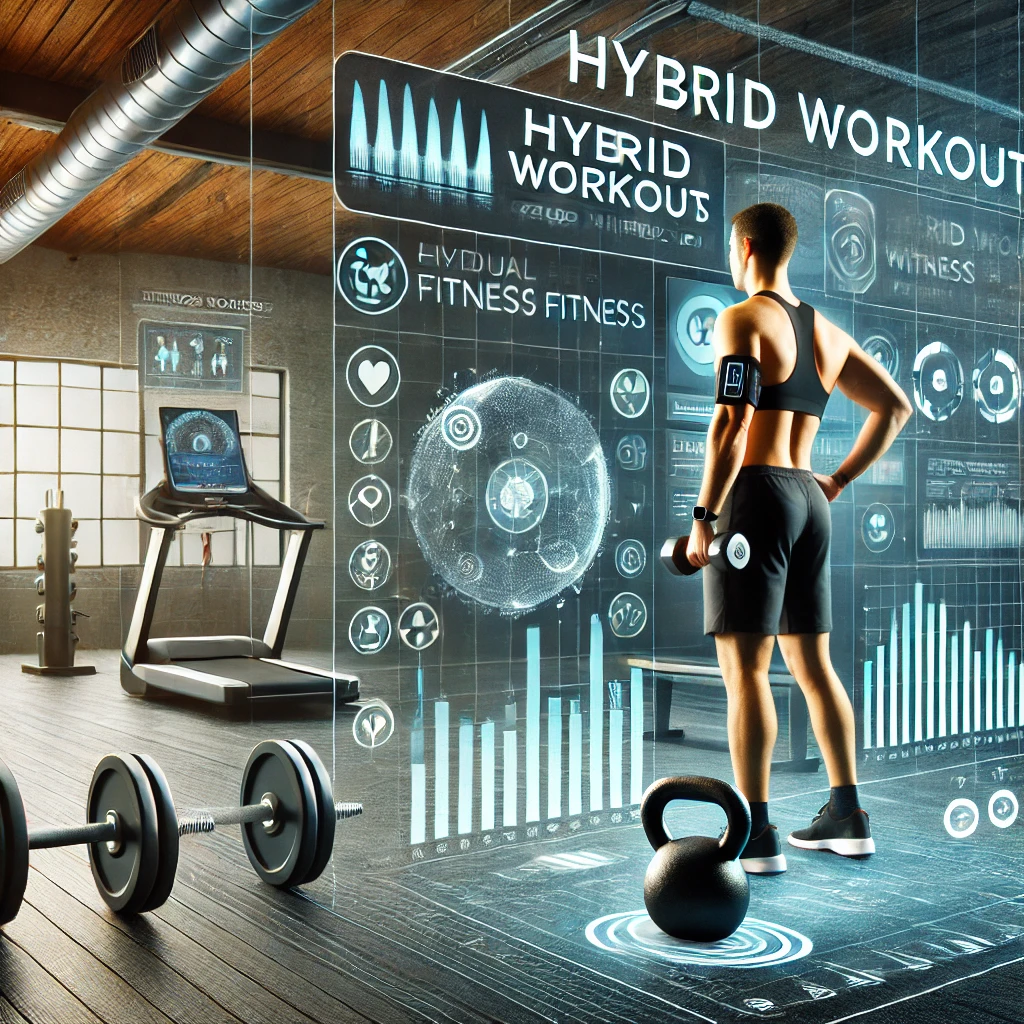
Article Content
Rise of Hybrid Fitness Models
As the world recovers from the pandemic, fitness enthusiasts are blending traditional gym workouts with the flexibility of digital fitness solutions. This hybrid approach allows users to attend in-person sessions while also taking advantage of online classes, which offer convenience and a personalized touch. Fitness giants such as Equinox and Peloton are at the forefront of this model, providing virtual platforms that complement in-gym training. The hybrid workout model is being hailed as the future of fitness, combining the best of both worlds for a comprehensive fitness regime.
Wearable Technology Leads the Fitness Revolution
Wearable devices have become indispensable in the fitness world, helping individuals track their progress and tailor their workout routines to meet their goals. Devices from companies like Fitbit, Apple, and Garmin have grown in sophistication, now offering insights into sleep quality, stress levels, heart health, and even recovery times. The integration of these wearables with fitness apps ensures users can monitor their physical activity both in the gym and at home, making it easier to maintain a consistent fitness routine, even outside traditional training environments.
Virtual Reality and Fitness: A New Frontier
Virtual Reality (VR) is making significant inroads into the fitness industry, providing immersive workout experiences. Companies like Supernatural and FitXR are using VR to transport users into digital environments where they can box, dance, and perform yoga on a beach or atop a mountain. This not only makes exercising fun and engaging but also helps users maintain motivation. By combining fitness with gaming, VR workouts are turning into a preferred choice for many who seek to avoid monotonous routines and want a fully interactive experience.
Mental Health Becomes a Central Focus in Fitness
The mental health benefits of exercise have become more pronounced in recent times. As more people grapple with stress and anxiety, fitness platforms are incorporating mindfulness and mental health-focused activities like meditation, yoga, and breathing exercises. Apps such as Calm and Headspace have added fitness routines with a focus on mental wellness, helping users reduce stress while staying physically active. This trend highlights how the fitness industry is evolving to provide holistic solutions that address both body and mind.
What’s Next for Fitness Tech?
As technology continues to influence the fitness landscape, we are likely to see further integration of AI and machine learning into workout routines. Predictive analytics will help users anticipate and prevent injuries, while personalized fitness regimens based on real-time data will become increasingly accurate. Additionally, advanced biometric tracking will enable a deeper understanding of one’s fitness journey. The use of artificial intelligence in fitness planning and recovery is expected to grow, creating an even more tailored and efficient workout experience for fitness enthusiasts globally.




